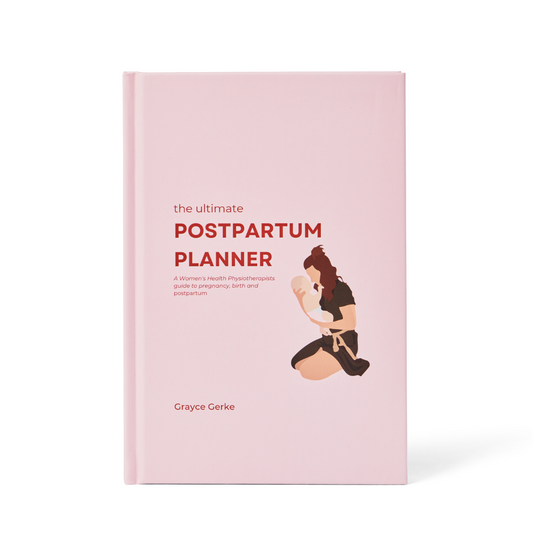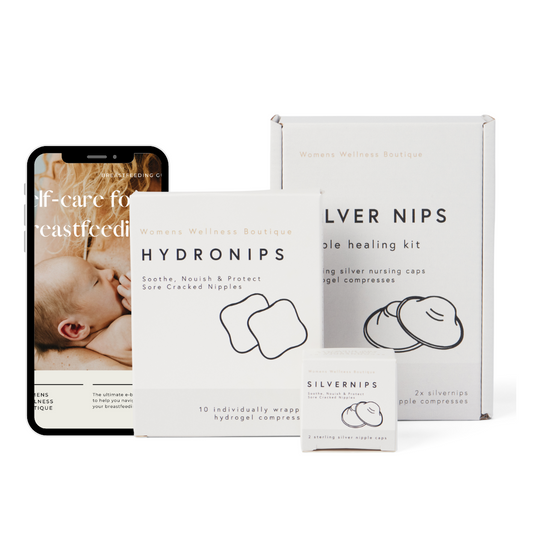
Constipation After C-Section
Lets address constipation after a C-section. We understand that this is a common concern for many mothers recovering from childbirth, and we aim to provide valuable insights, tips, and solutions to help you find relief. Whether you're a new mom or supporting someone through their recovery, our goal is to empower you with knowledge and practical advice.
What is constipation?
Constipation is a condition characterised by infrequent or difficult bowel movements. After a C-section, several factors contribute to its occurrence. The surgical procedure itself, coupled with changes in hormones, pain medications (such as opioids), and decreased physical activity during the recovery period, can slow down the digestive process.
Why it's important to manage:
Untreated constipation can lead to discomfort, bloating, and abdominal pain. In severe cases, it may result in complications such as hemorrhoids or anal fissures.
Proper bowel movements are crucial for the body's natural detoxification process, and addressing constipation promptly can positively impact overall recovery.
Preventing Constipation:
-
Hydration:
Staying well-hydrated is essential for softening stools and facilitating smoother bowel movements. Aim to drink an adequate amount of water throughout the day to promote optimal digestive function.
-
Fiber-Rich Diet:
To prevent constipation, incorporate fiber-rich foods into your diet. Fruits, vegetables, whole grains, and legumes can add bulk to stools, promoting regular and healthy bowel movement
-
Gentle Exercise:
While considering individual recovery conditions, engaging in light exercises like walking or gentle stretches can stimulate the digestive system. Always consult with healthcare providers before starting any post-C-section exercise routine to ensure safety.
Preventing Constipation:
-

Over the Counter Medications:
If constipation persists, over-the-counter solutions like stool softeners and mild laxatives can be considered. It is crucial to consult with a healthcare professional before initiating any medication to determine the most suitable option for your specific situation.
-

Home Remedies:
Explore natural remedies such as herbal teas (e.g., peppermint or ginger) and foods known for their laxative properties (e.g., prunes or flaxseeds). Incorporating these remedies into a balanced post-C-section diet can contribute to improved bowel regularity.
-

Seek Medical Advice:
Be vigilant for warning signs such as severe abdominal pain, persistent constipation, or the presence of blood in stools. If any of these symptoms occur, it is essential to seek prompt medical attention for a thorough evaluation.
Featured collection
-
 Sold out
Sold outCsection Scar Recovery Kit 2.0
Regular price $60.00 USDRegular priceUnit price per -
 Sold out
Sold outThe Ultimate Postpartum Planner
Regular price $20.00 USDRegular priceUnit price per$20.00 USDSale price $20.00 USDSold out -
Hydronips - Hydrogel Nipple Compresses
Regular price $11.00 USDRegular priceUnit price per -
 Sold out
Sold outBreastfeeding Nipple Recovery Kit
Regular price $54.00 USDRegular priceUnit price per







